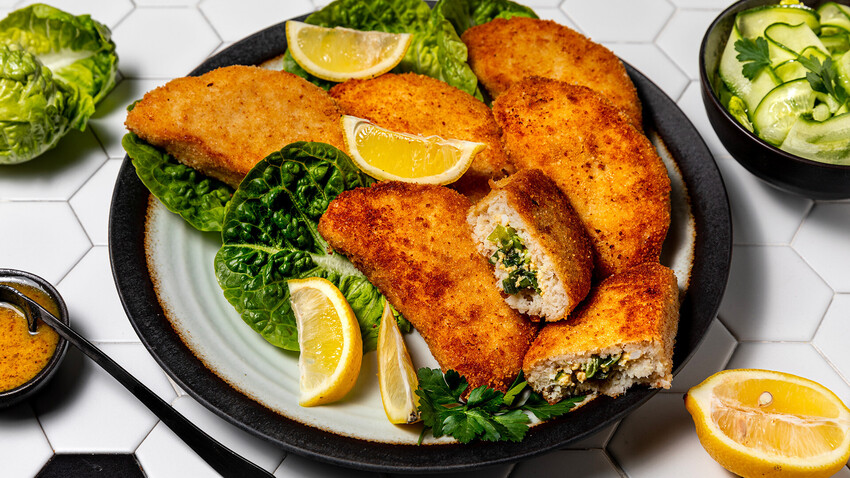
Ever wondered what Old Russian fish sticks taste like?
Yulia MulinoThe first mention of “telnoe” (pronounced “tel-no-yeh”), a dish made of minced fish, was as early as the middle of the 16th century in 'Domostroy', an encyclopedic book of daily household life. In those days minced fish was put in wooden molds in the shape of piglets, lambs, roosters or ducklings, and fried in plenty of boiling vegetable oil.
Other variations of the telnoe were also known. For example, minced fish was mixed with spices, eggs and flour, wrapped in the form of a sausage in a napkin or gauze, tied tightly with a rope and boiled in water. It was served as a separate dish or used as a filling for more noble fish or pies.
In the old days, telnoe was considered a delicacy, and was served in aristocratic houses to welcome foreign ambassadors. Over time the popularity of this dish has waned. At present, telnoe is known in the form of croquettes with a filling in the shape of crescents. The most common filling for these fish croquettes is fried mushrooms and onions.
I chose the spring variation of the filling, green onions and eggs. Telnoe is usually made with white fish. Cod is one of my favorites, it is very flavorful with a fibrous texture to work with as a stuffing.
Even though this recipe may seem complicated, you'll be surprised with the result: crispy crust and soft, creamy minced fish with a tender, sweet filling of young onions inside. Try making this dish at home.
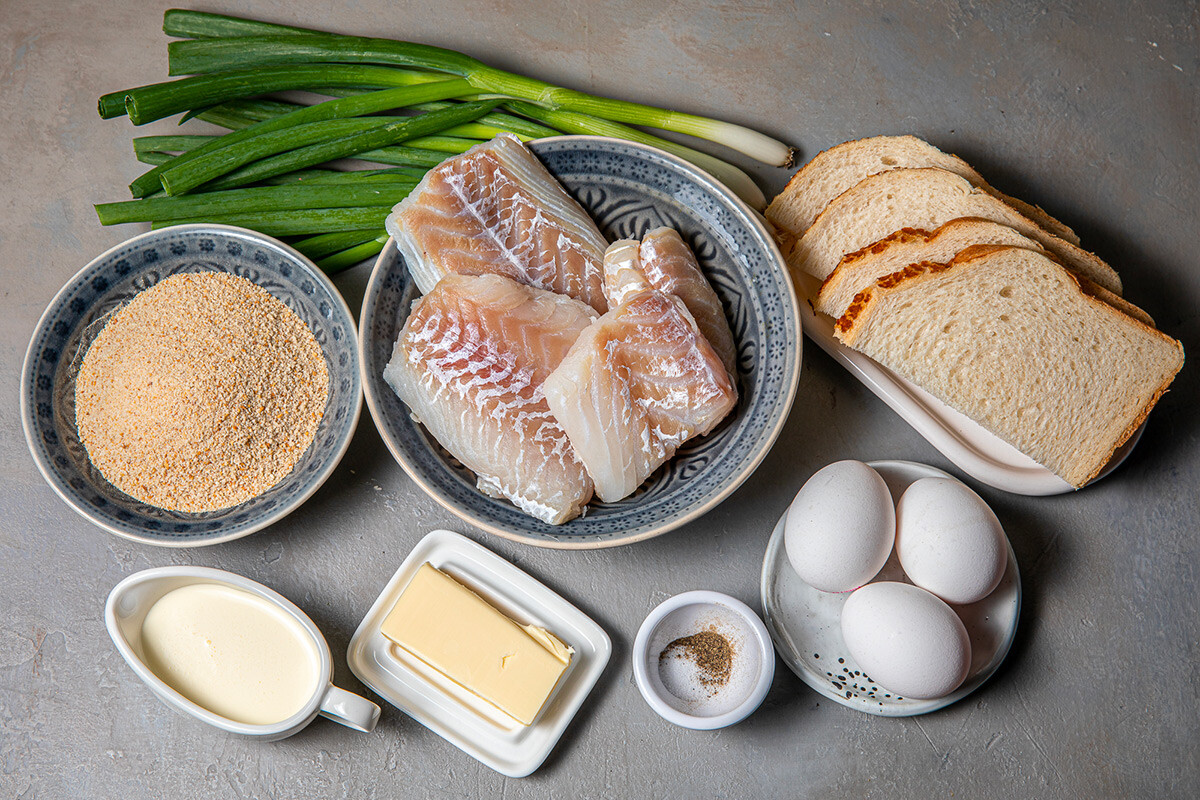
1. Soak the bread in cream.
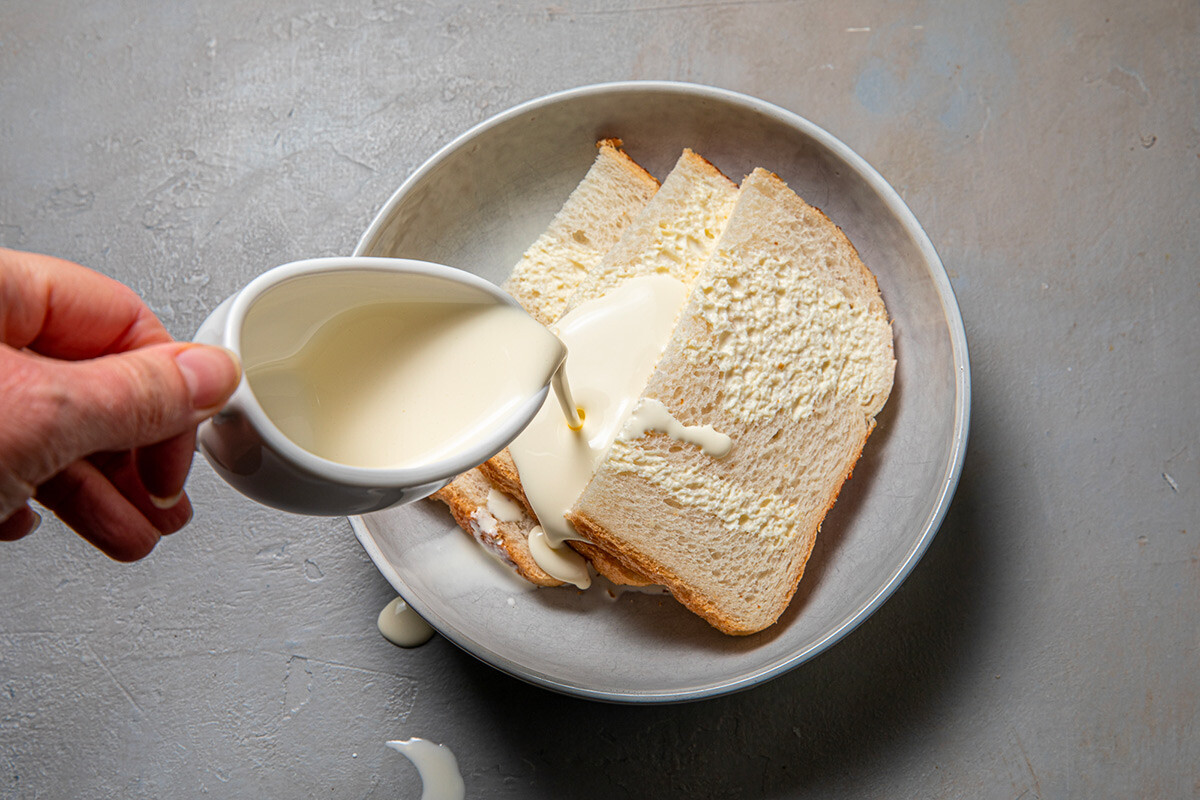
2. Process cod fillet in mincer.
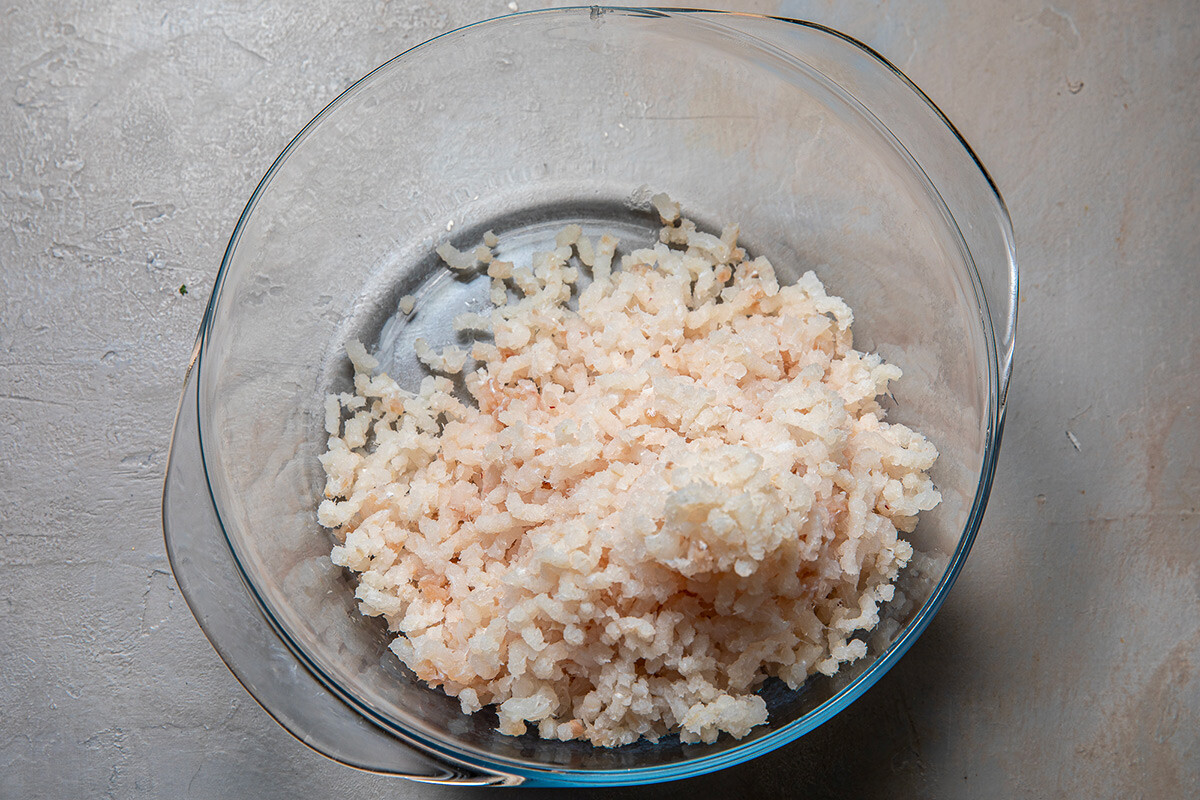
3. Add soaked bread to minced fish and mince everything again.
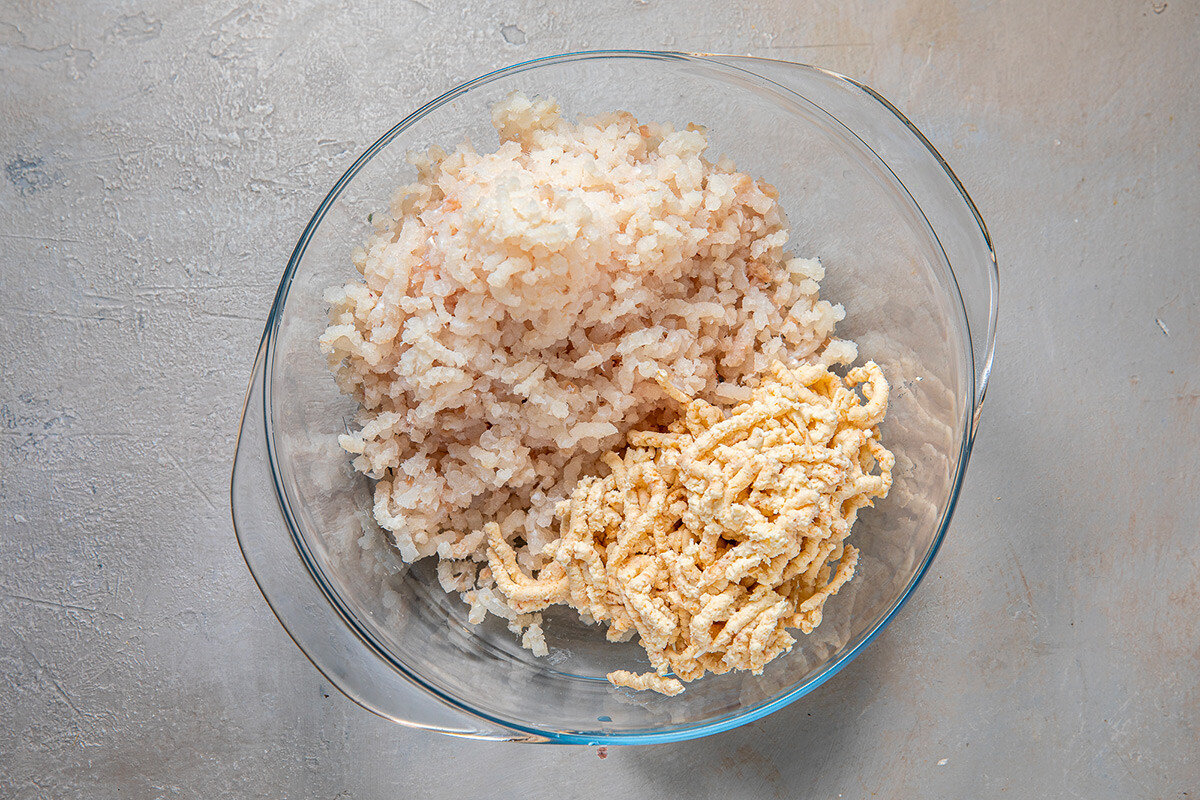
4. Add the egg and softened butter, spices and knead the stuffing well. Put the mince in the fridge while the filling is cooking.
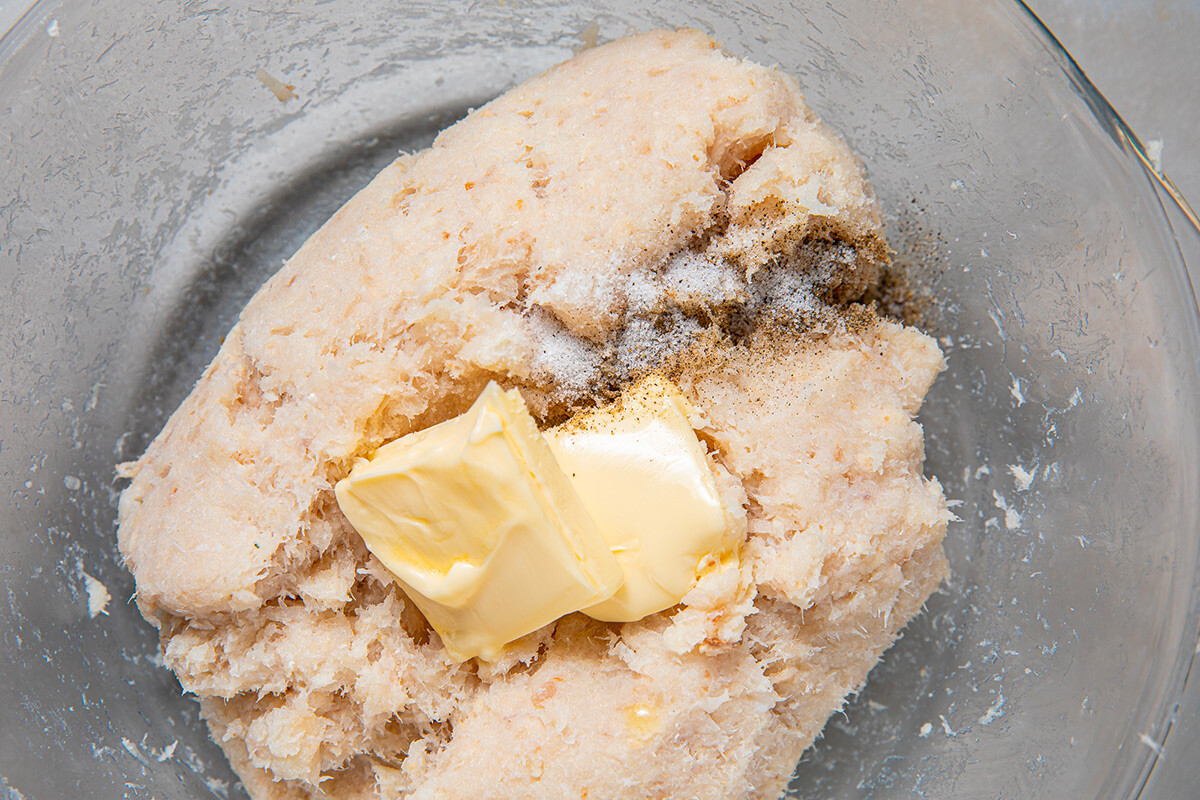
5. Chop the onion and fry it in butter until soft. Then add salt and pepper.

6. Boil the eggs and crush them with a fork.
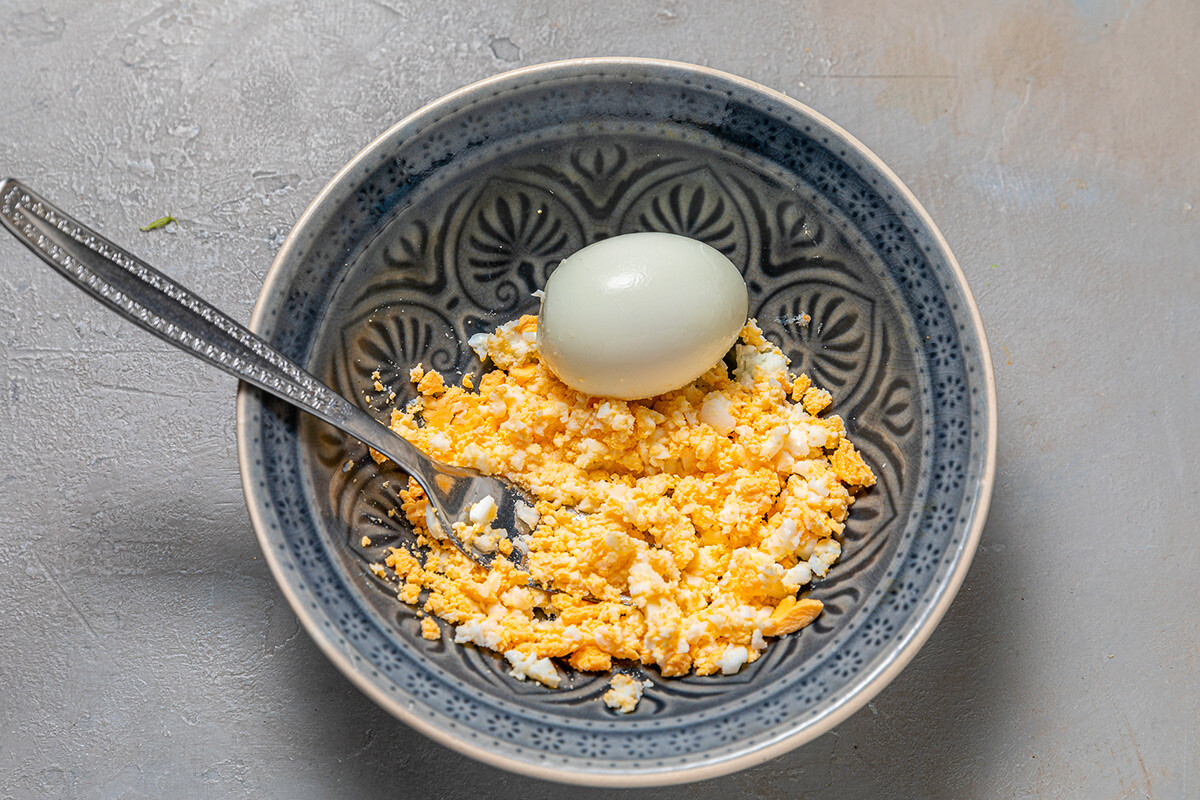
7. When the onions have cooled, add them to the egg and mix to make a filling.
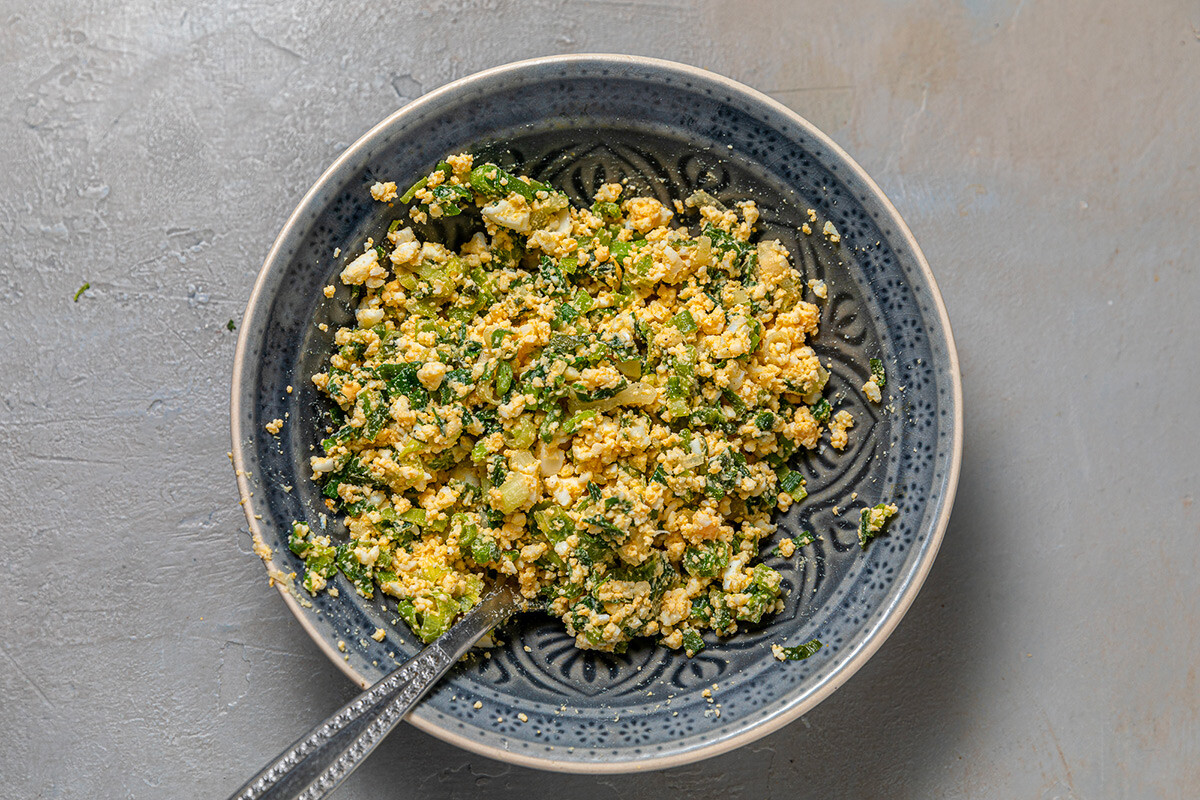
8. Divide the minced mass, like a pie, into 8 pieces (about 60g each). Wet your hands with water to prevent the mince from sticking. Form each part into a small ball and beat it well, flipping it from hand to hand. Mince should be homogeneous without jams and hold the shape well.
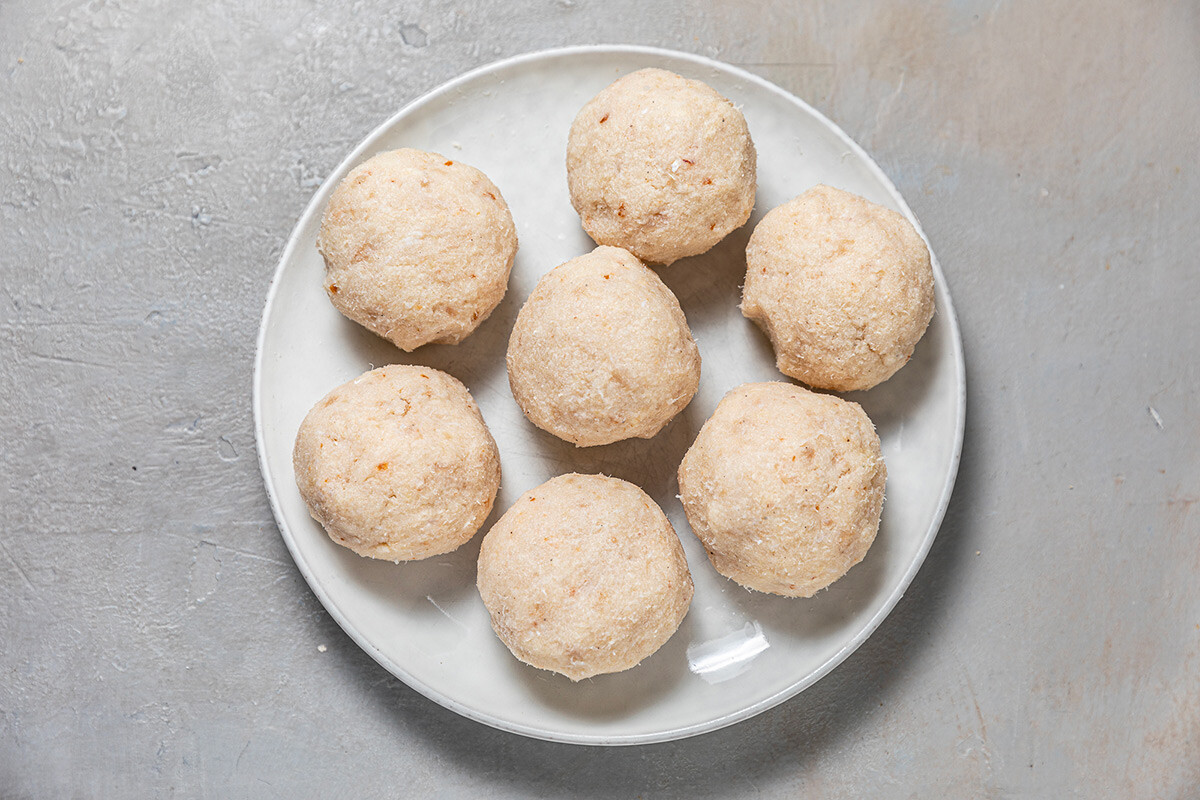
9. Flatten a minced ball, put a little more than a teaspoon of stuffing.
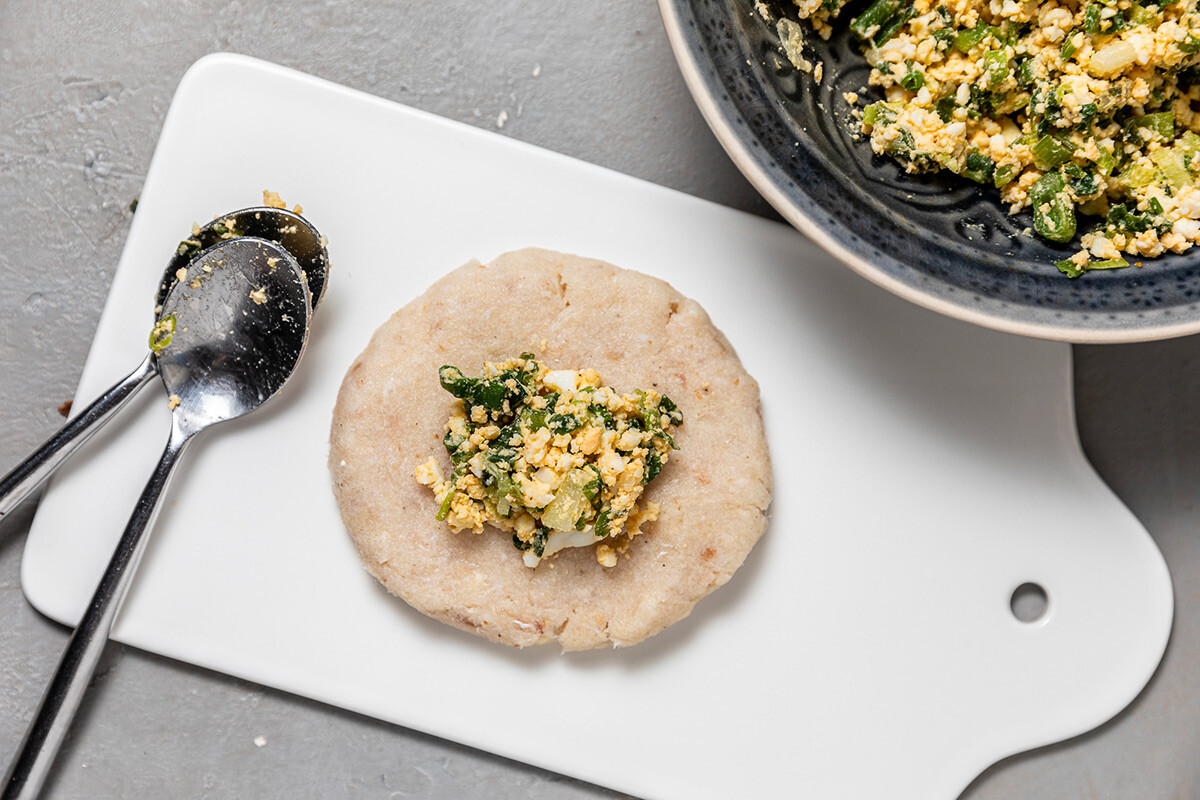
10. Gently close the croquette. Repeat this with the rest of the stuffing.
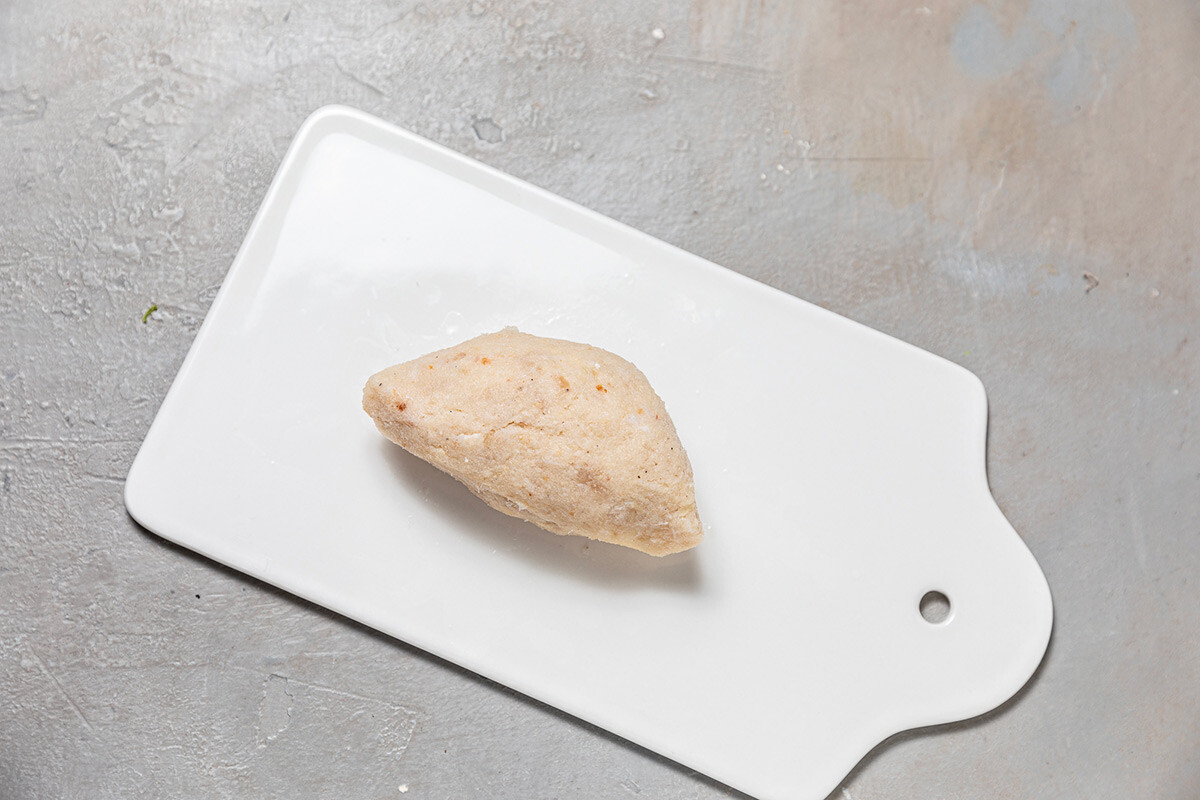
11. For the breading, whisk the eggs and salt in one bowl and put the breadcrumbs in another.
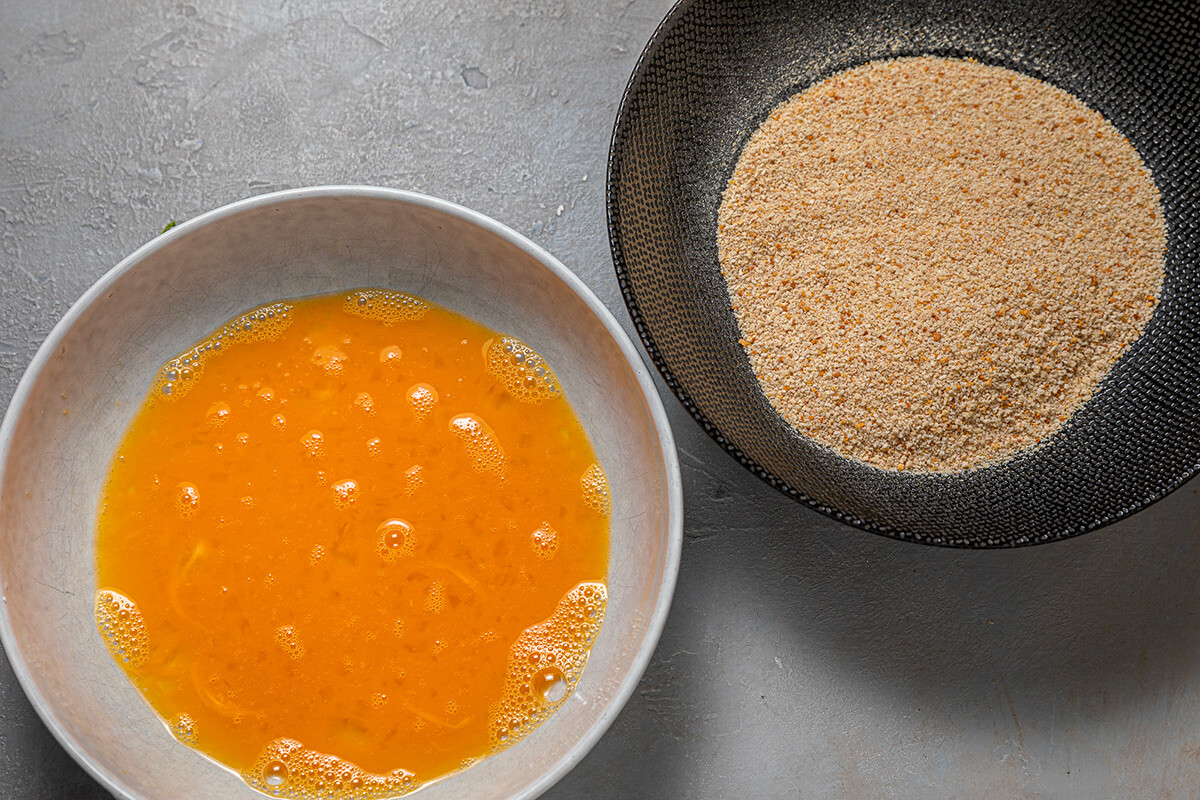
12. Dip the croquette in the egg and roll it in breadcrumbs.
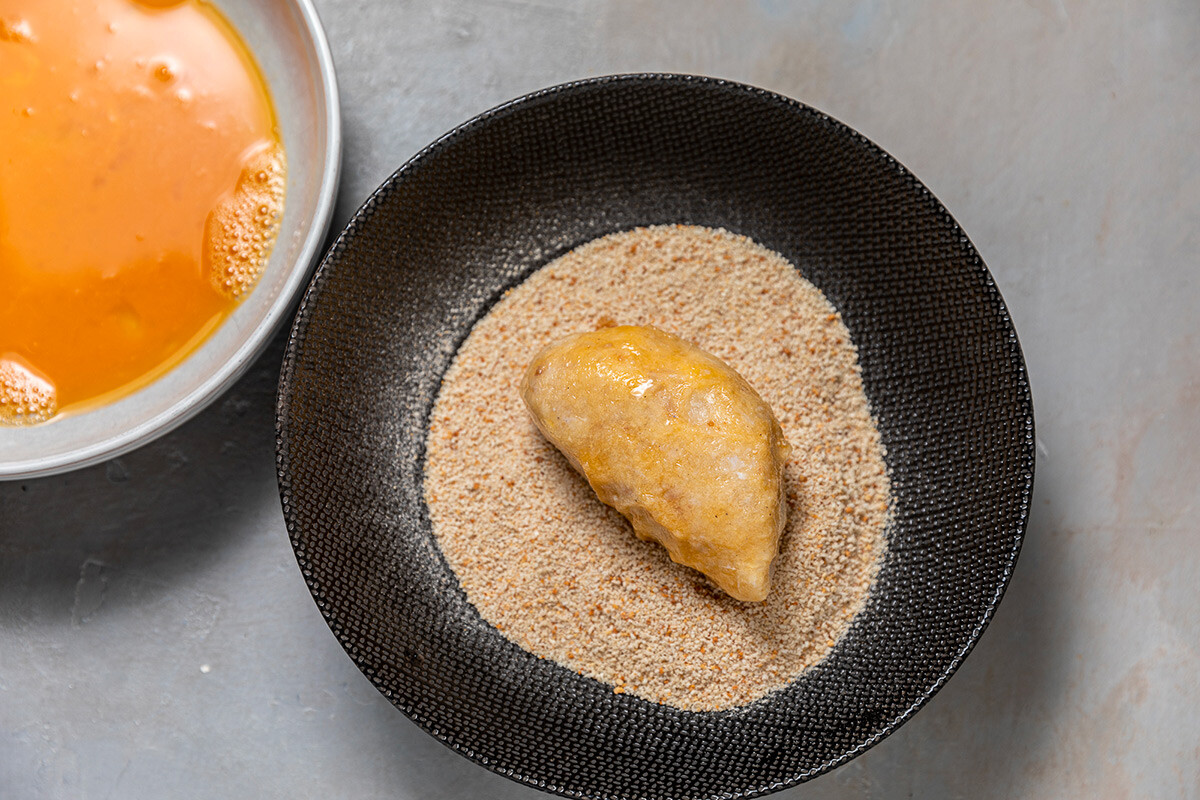
13. Make a crescent shape and repeat with the other croquettes.
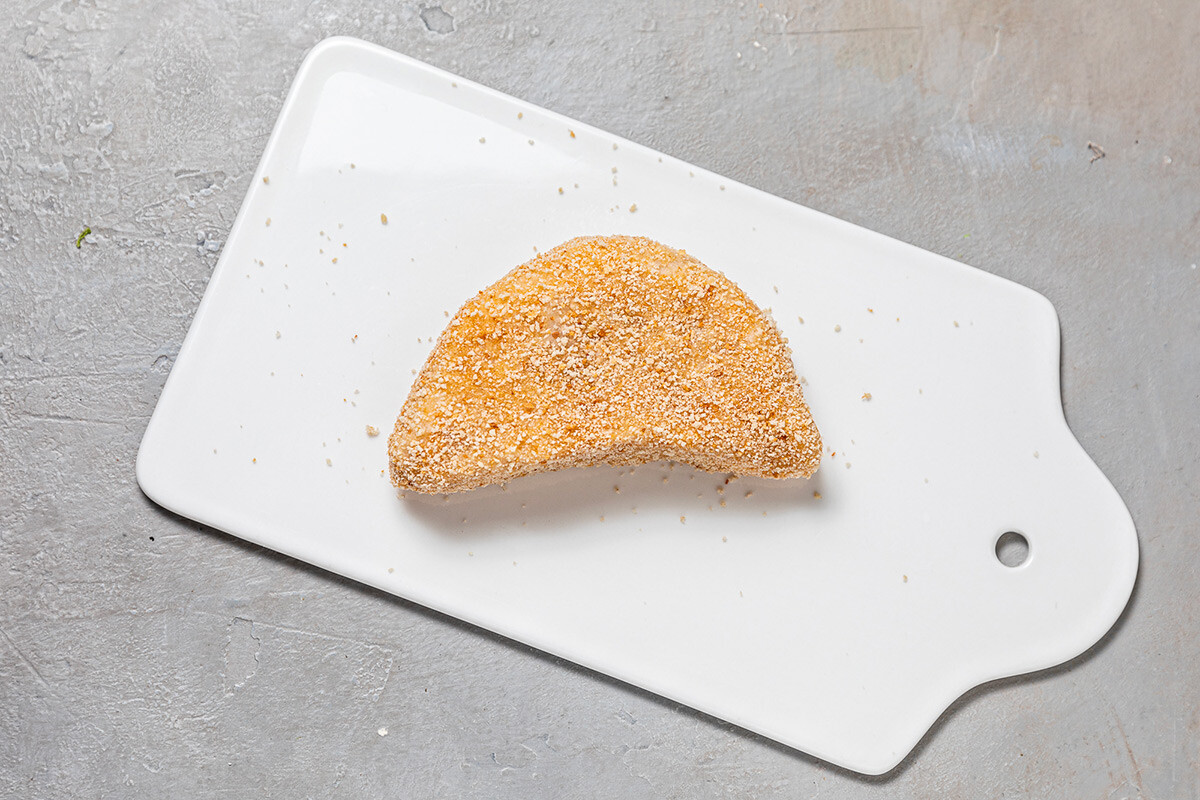
14. Fry the croquette on both sides in a large amount of oil for 5 to 7 minutes on each side over medium heat.
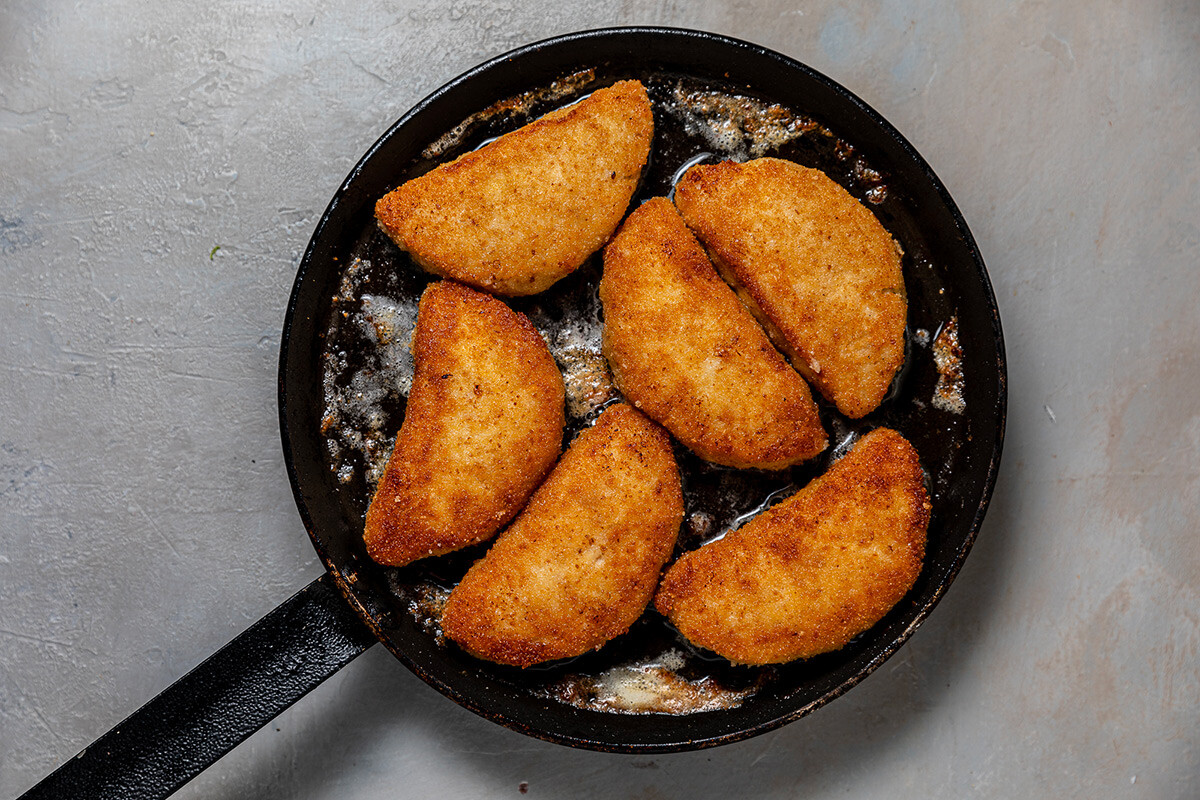
15. Place the croquettes on a paper towel to get rid of any excess fat.
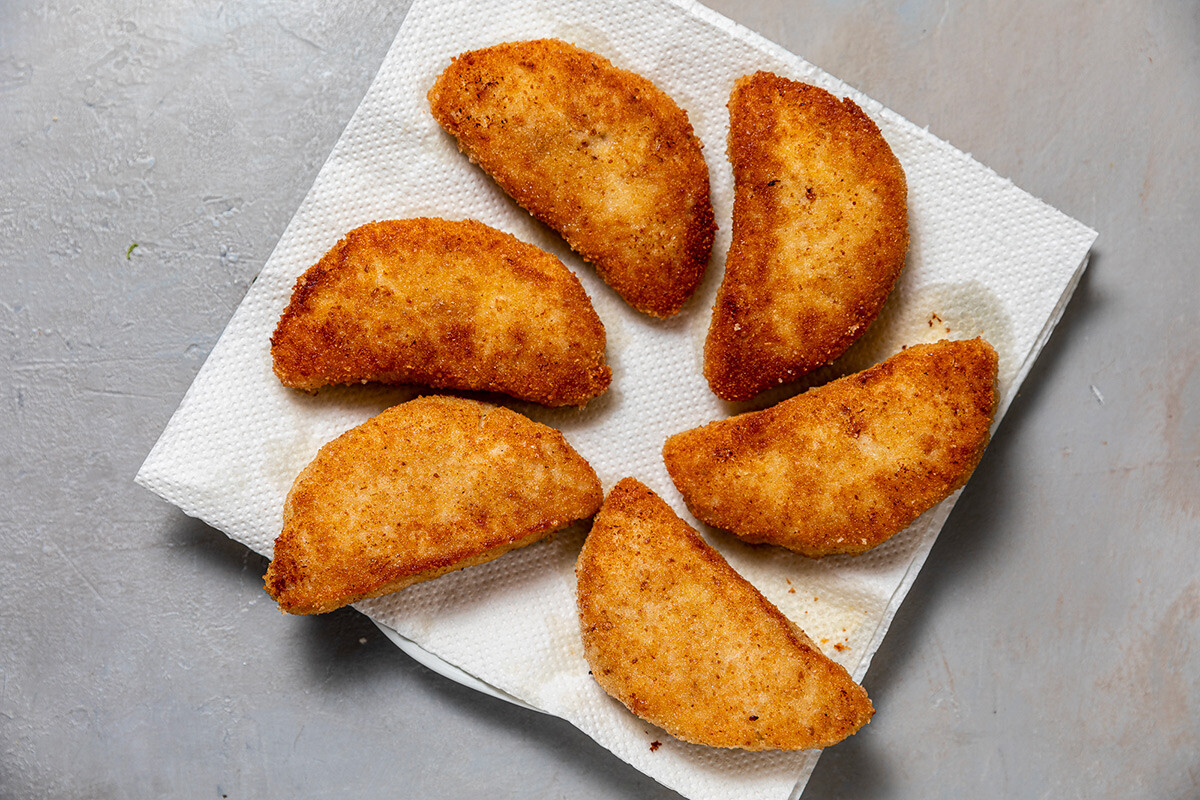
16. Serve with greens, your favorite sauce, lemon and fresh vegetables.
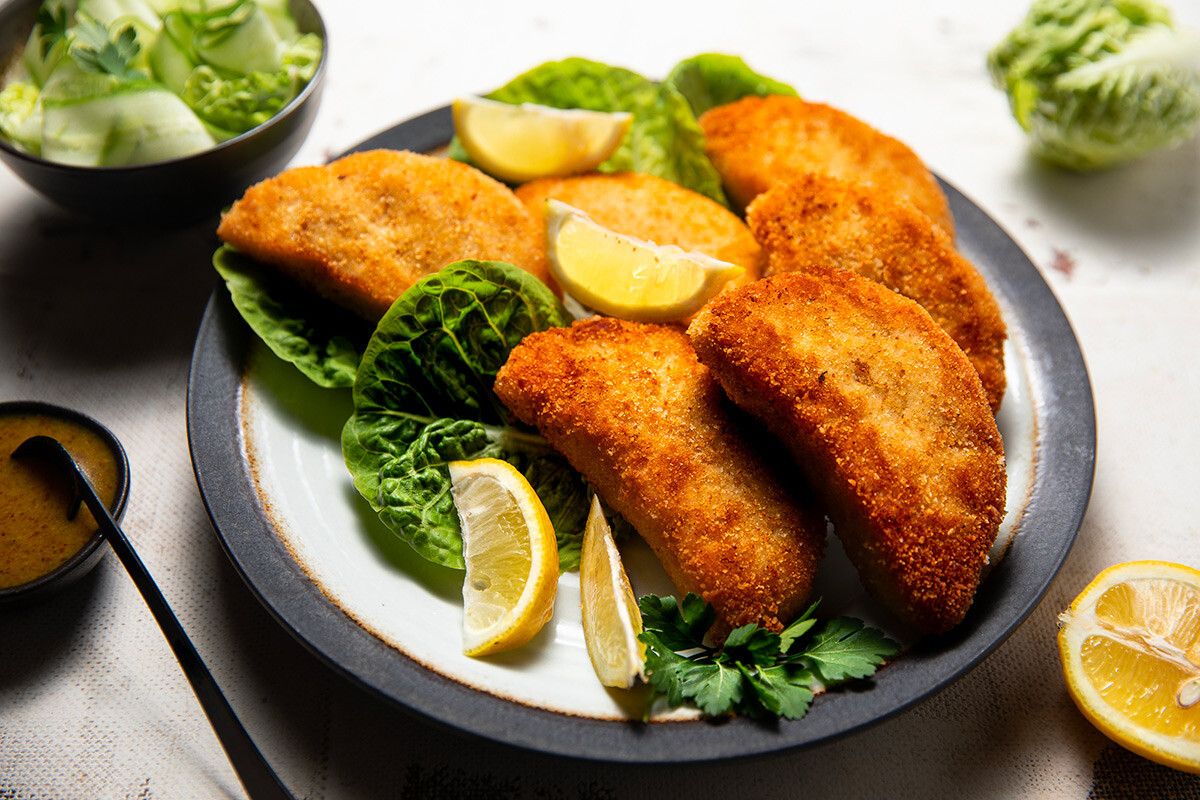
17. Enjoy!
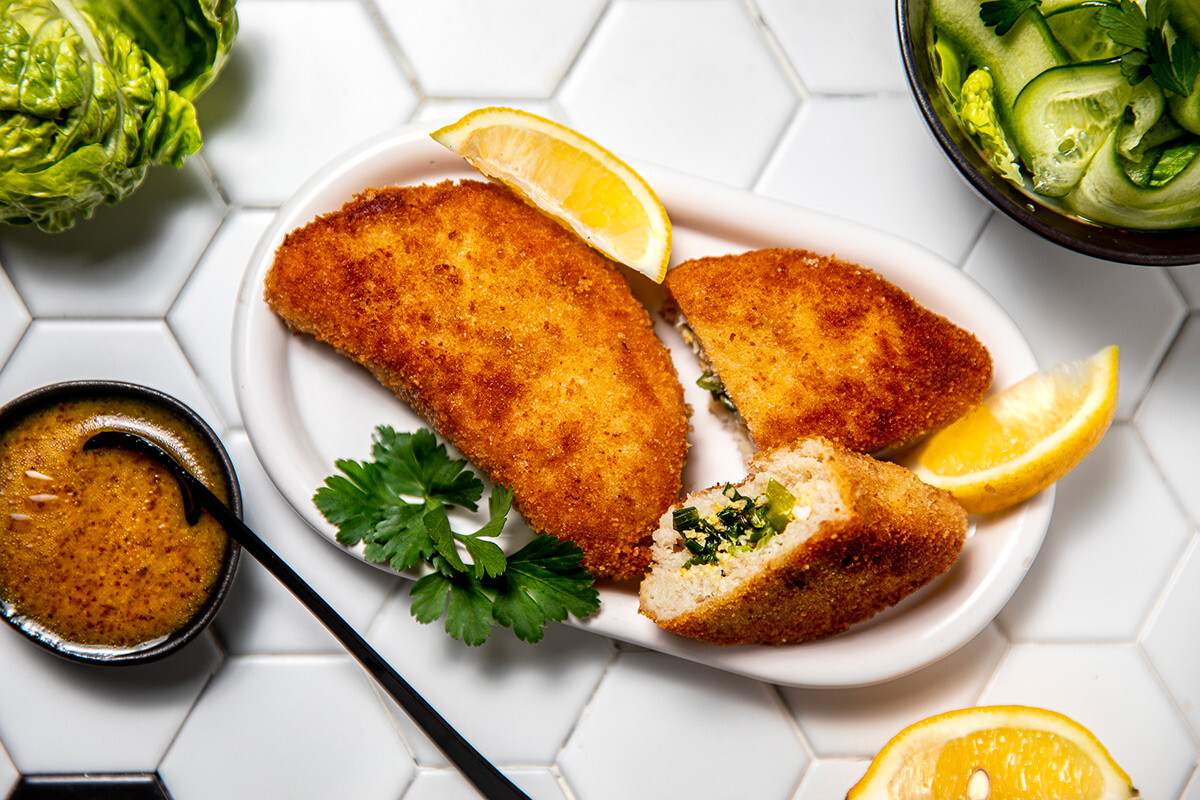
Dear readers,
Our website and social media accounts are under threat of being restricted or banned, due to the current circumstances. So, to keep up with our latest content, simply do the following:
If using any of Russia Beyond's content, partly or in full, always provide an active hyperlink to the original material.
Subscribe
to our newsletter!
Get the week's best stories straight to your inbox